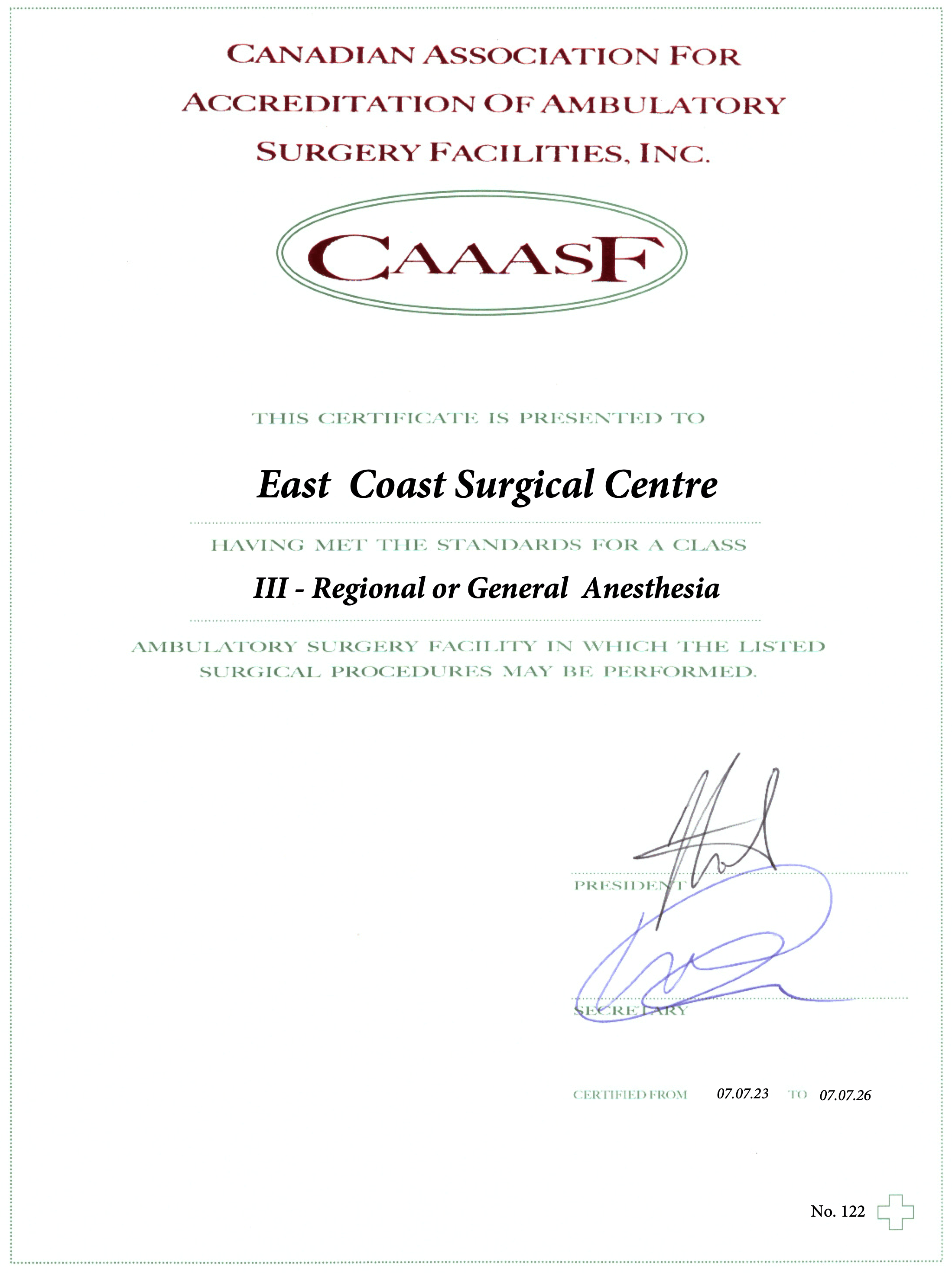Home » Our Services » Wisdom teeth extraction
Wisdom teeth extraction, also known as third molar extraction, is a common dental procedure performed to remove the third set of molars located at the back of the mouth. These teeth, called wisdom teeth, typically emerge during late adolescence or early adulthood and can often cause various dental issues due to their size, positioning, and potential for impaction.
By the age of 18 to 25 years, the average adult has 32 teeth. Each tooth in the mouth has a specific name and function. The teeth in the front of the mouth (incisors, canine, and bicuspid teeth) are ideal for grasping and biting food into smaller pieces. The back teeth (molar teeth) are used to grind food suitable for swallowing.
Wisdom teeth are the last teeth to erupt within the mouth. When they align properly, gum tissue is healthy, and you are able to maintain them well (brush, floss, etc) wisdom teeth do not have to be removed. Unfortunately, this does not generally happen. The extraction of wisdom teeth is often recommended when they are prevented from properly erupting within the mouth which may cause them to grow sideways, partially emerge from the gum or even remain trapped (impacted) beneath the gum and bone. Impacted teeth can take many positions in the jaw as they attempt to find a pathway that will allow them to successfully erupt.
These poorly positioned impacted teeth can cause many problems. When they are partially erupted, the opening around the teeth may allow food to become trapped and form bacteria causing an infection. There may be repeated episodes of pain, infection, swelling, and stiffness. Long term, both gum disease and cavities may result necessitating their removal commonly associated with the inability to properly cleanse the area. Occasionally other teeth may be compromised due to this decay or infection. The pressure from the erupting wisdom teeth, although not common, may move other teeth. Another serious problem may occur when tumors or cysts form around the impacted wisdom teeth, resulting in the destruction of the jawbone or healthy teeth. Removal of the offending impacted teeth usually resolves these problems. Early removal is recommended to avoid such future problems and to decrease the surgical risk involved with the procedure.
During the initial consultation the oral surgeon will evaluate the position of the wisdom teeth and whether any current pathology (disease) exists. Studies have shown that early evaluation and treatment result in a superior outcome for the patient. Patients are generally first evaluated in the mid-teenage years by their dentist, orthodontist or by an oral and maxillofacial surgeon.
You will be able to make an informed discussion with your specialist and decide whether you feel you would benefit from having your wisdom teeth removed, the anaesthesia options will be discussed, and all of your questions and concerns will be addressed. In most cases, the removal of wisdom teeth is performed under I.V. sedation. In some cases, only local anaesthesia may be selected, or perhaps in more difficult cases or for optimal patient comfort general anaesthesia.
If the teeth are impacted, a small incision is made to expose them, and often some bone overlying the impacted teeth will need to be removed. Special instruments are used to mobilize and remove the teeth, which occasionally the teeth may need to be sectioned to allow their removal. Dissolvable stitches are frequently placed upon completion. Surgery typically lasts between 20 and 40 minutes, not including the time for being sedated or put to sleep. Once completed, you will rest under our supervision in the office until you are ready to be taken home. You should expect to spend approximately one hour at our office if sedation is used (I.V. sedation).
Upon discharge, you will be provided with post-operative instructions, prescription(s) for pain medication, and possibly antibiotics. Following removal of impacted teeth, you can typically expect some discomfort and swelling that increase for a couple of days prior to subsiding. You may also notice some difficulty swallowing or opening your mouth, and you could have some facial bruising. Plan a soft diet for several days. Everybody’s body responds differently to surgery of the jaws, and the amount of discomfort, swelling, bruising and length of recovery are highly variable.
To maximize your recovery and reduce complications carefully follow the post-operative instructions provided by your surgeon or nurse. We typically do not need to bring you back for a follow-up appointment unless a problem arises.
Although any surgery carries some risk of complications, none are expected. The healing of the wounds created from the surgery depends on the ability of your body to heal and the care that you take. A minor infection, longer-than-expected discomfort, or ‘dry socket’ can occur in a small percentage of patients but are all easily treated with minimal disruption. You will be given instructions on preventing, recognizing and treating these problems following your procedure.
Selecting an experienced oral surgeon or dentist is crucial for the success of your wisdom teeth extraction. They will ensure that the procedure is performed safely and comfortably.
If you’ve been advised to have your wisdom teeth removed, it’s essential to schedule a consultation with a qualified oral surgeon or dentist. They will evaluate your specific situation and provide guidance on the best course of action to protect your oral health. Wisdom teeth extraction can lead to improved comfort and a reduced risk of dental problems in the future.
When choosing East Coast Surgical Centre for your wisdom teeth extraction, you can trust that you are in the hands of dedicated professionals who are committed to providing exceptional care and helping you achieve and maintain optimal oral health. Your well-being is our top priority, and we look forward to assisting you through your wisdom teeth extraction process.
